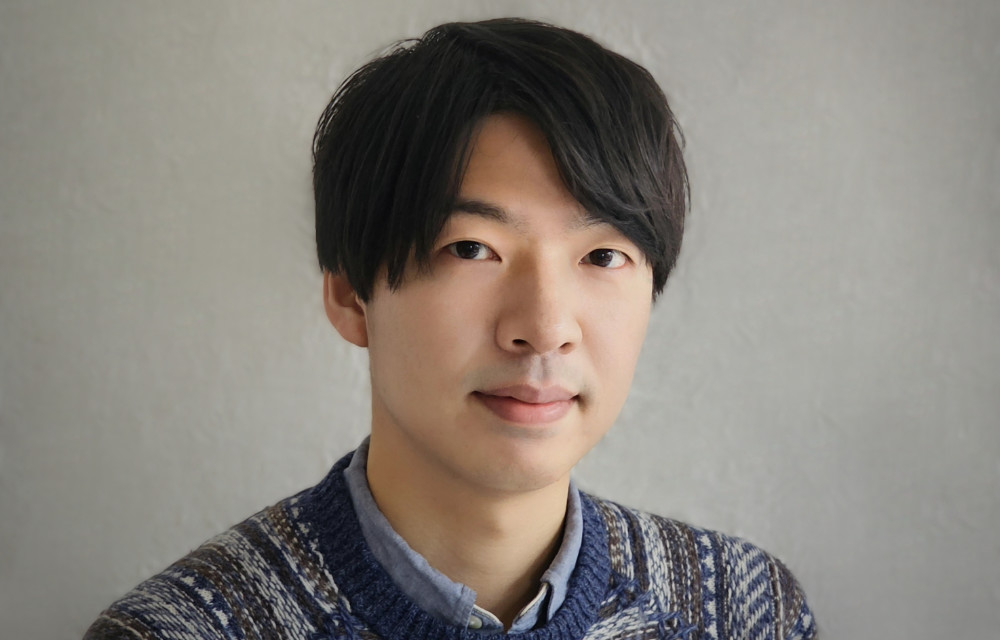News Archive

Tomohiro Nagashima, Junior Professor of Computer Science at Saarland University, has been appointed a Henriette Herz Scout by the Alexander von Humboldt Foundation. This distinction enables him to nominate three promising international researchers. Following a formal review, these candidates will be awarded a research fellowship from the Humboldt Foundation, allowing them to conduct research at Saarland University for a period of six months to two years.

Forschungstage supports the next generation of scientists with lectures, workshops, and insights into latest computer science [...]

Am 2. und 3. Juli 2025 wird das Innovation Center der Universität des Saarlandes zum zentralen Treffpunkt für digitale Zukunftsthemen. Das Südwest Digital Festival vereint unter dem Motto “Künstliche Intelligenz erleben. Digitale Innovationen gestalten.” führende Akteure aus Startups, Mittelstand, Forschung und Industrie.

A new generation of artificial intelligence (AI) that can learn in a more “reasonable” way – this is what scientists at the new Cluster of Excellence “Reasonable Artificial Intelligence” (RAI) are researching under the leadership of TU Darmstadt. Isabel Valera, Professor of Machine Learning at Saarland University, is also part of the core team as an external scientist and was delighted to receive approval for the new Cluster of Excellence yesterday.
70»
